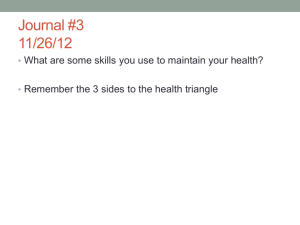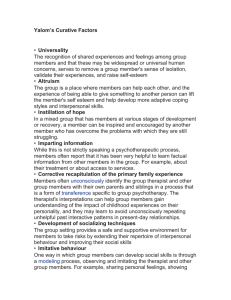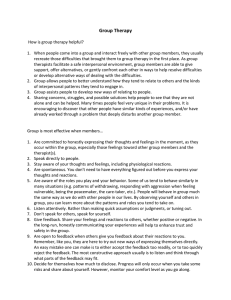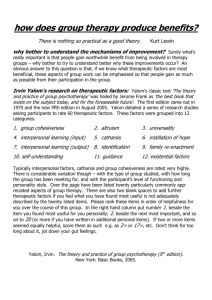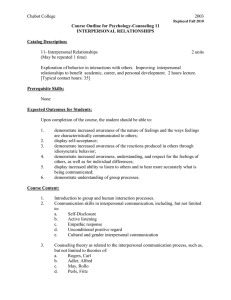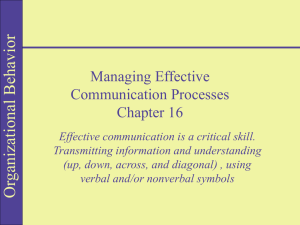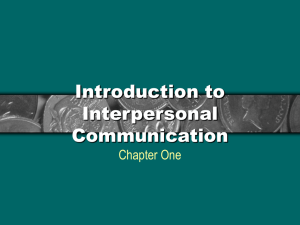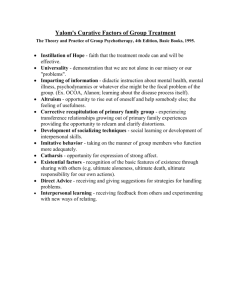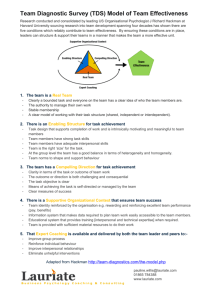Curative factors - G. Scott Sparrow
advertisement
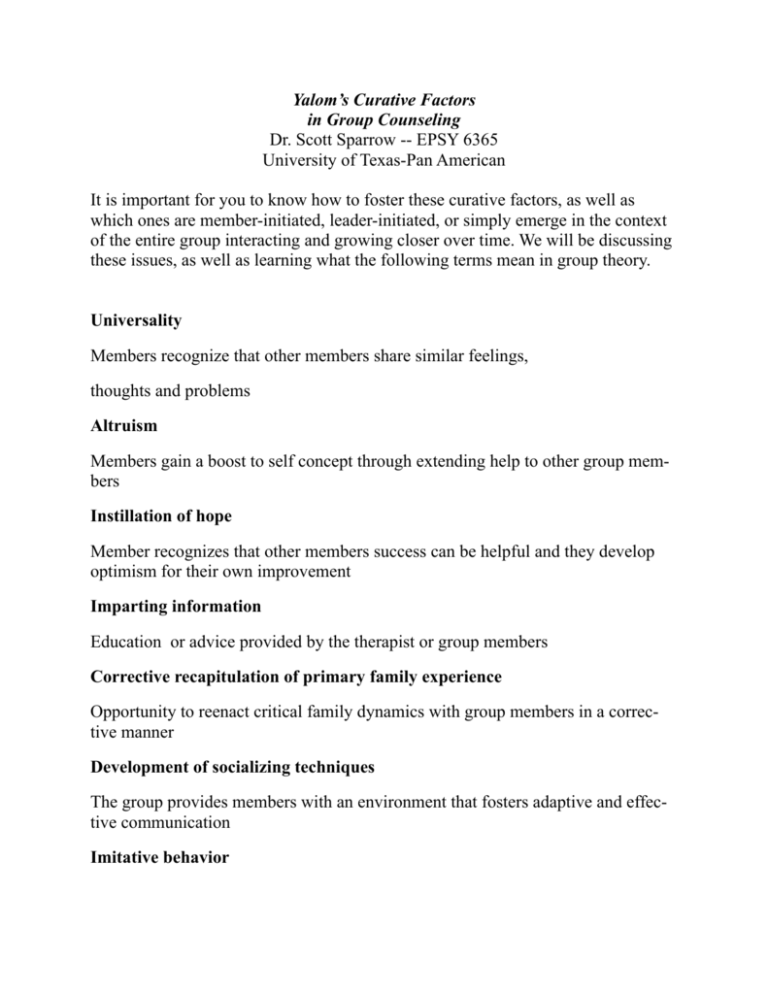
Yalom’s Curative Factors in Group Counseling Dr. Scott Sparrow -- EPSY 6365 University of Texas-Pan American It is important for you to know how to foster these curative factors, as well as which ones are member-initiated, leader-initiated, or simply emerge in the context of the entire group interacting and growing closer over time. We will be discussing these issues, as well as learning what the following terms mean in group theory. Universality Members recognize that other members share similar feelings, thoughts and problems Altruism Members gain a boost to self concept through extending help to other group members Instillation of hope Member recognizes that other members success can be helpful and they develop optimism for their own improvement Imparting information Education or advice provided by the therapist or group members Corrective recapitulation of primary family experience Opportunity to reenact critical family dynamics with group members in a corrective manner Development of socializing techniques The group provides members with an environment that fosters adaptive and effective communication Imitative behavior Members expand their personal knowledge and skills through the observation of Group members’ self-exploration, working through and personal development Cohesiveness Feelings of trust, belonging and togetherness experienced by the group members Existential factors Members accept responsibility for life decisions Catharsis Members release of strong feelings about past or present experiences Interpersonal learning-input Members gain personal insight about their interpersonal impact through feedback provided from other members Interpersonal learning-output Members provide an environment that allows members to interact in a more adaptive manner Self-understanding Members gain insight into psychological motivation underlying behavior and emotional reactions
